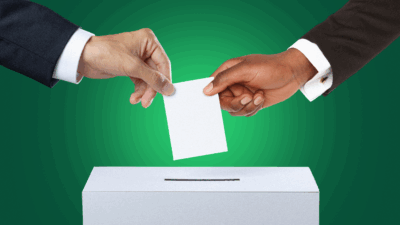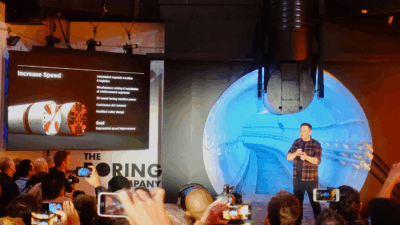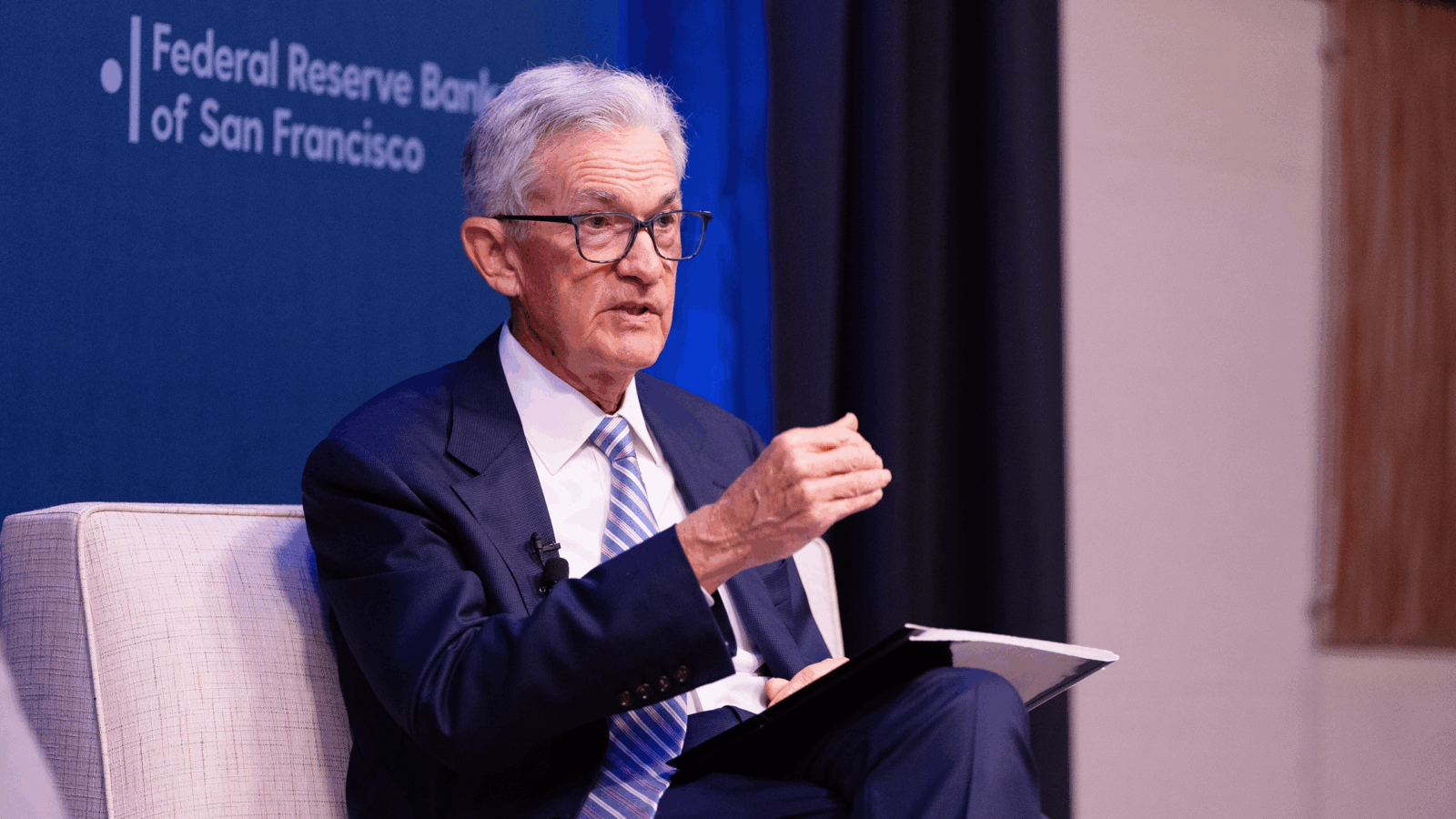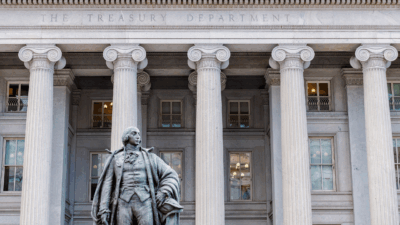Sign up for smart news, insights, and analysis on the biggest financial stories of the day.
Imagine being asked to pay income taxes to a state you’ve never worked a single day in. That’s a real possibility for New Hampshire residents who started a job at a Boston company this year.
Working from home has changed from exception to rule in 2020, and a Supreme Court showdown between states is brewing over the appropriate treatment of income tax across state lines.
Tax Tussle
Massachusetts typically taxes a portion of out-of-staters’ annual income relative to the number of days they worked in Massachusetts. But with many offices all but deserted this year, the state issued a rule that nonresidents who have stopped traveling to work in Massachusetts due to the pandemic would be taxed – as if they were still commuting.
That move got the attention of Massachusetts’ northern neighbor, New Hampshire, which charges no income tax and is home to many a Boston commuter. New Hampshire issued a petition to the Supreme Court in October claiming Massachusetts has no right to tax New Hampshire residents who previously commuted but now work remotely. The petition said such taxation undermined New Hampshire’s public services, its appeal as a place to live, and even its sovereignty.
The Supreme Court has yet to decide whether the issue will be granted a hearing. But this week over a dozen states including Texas, Ohio, Connecticut, Iowa and New Jersey weighed in on New Hampshire’s behalf. New Jersey officials piggybacked on New Hampshire’s claim, saying its own residents are subject to similar undue taxation from New York.
Hawaii even sided with New Hampshire. Hard to imagine that was done for selfish reasons – it’s safe to presume a vast majority of Hawaiians don’t commute out-of-state on a daily basis.
Getting Fiscal
Governors’ offices nationwide will be feverishly following any Supreme Court ruling, which would have major implications for state budgets and could become precedent even beyond the pandemic.
- In 2018 New Jersey and Connecticut residents paid New York a combined $5 billion in income taxes, according to the NY State Department of Taxation and Finance. That’s about 10% of all income tax New York collected in 2018.
The Takeaway: Massachusetts has argued its new tax rule is maintaining the status quo to prevent disruption to taxpayers. Paying less taxes would be a “disruption”? That’s an analogy only a lawyer could love.











